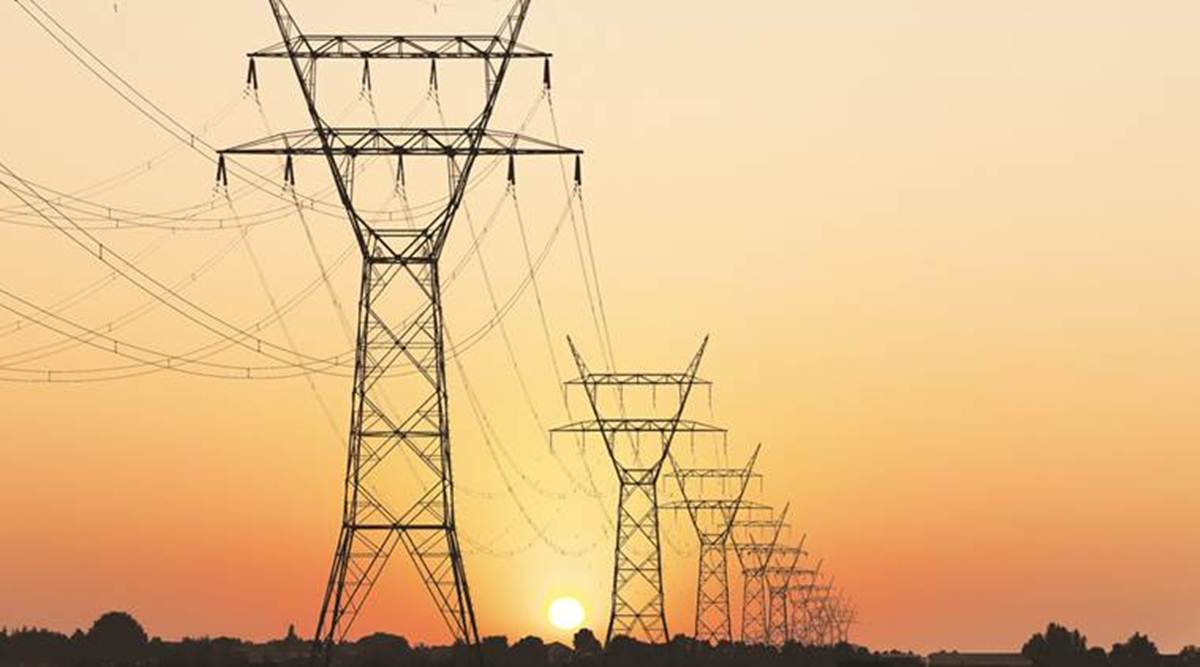 During the AAP’s last term in office, Delhi did not see any substantial hike in power tariff. In August last year, the Kejriwal government made power free for households consuming between 0-200 units while those consuming between 201-400 units get a 50% rebate.
During the AAP’s last term in office, Delhi did not see any substantial hike in power tariff. In August last year, the Kejriwal government made power free for households consuming between 0-200 units while those consuming between 201-400 units get a 50% rebate.Ahead of the annual tariff revision, the capital’s power discoms have petitioned the Delhi Electricity Regulatory Commission (DERC) to take note of the “unprecedented” impact on their income due to closure of industries, commercial units and a dip in consumer payments due to “job losses” owing to the Covid-19 lockdown. It has asked that subsidies be restricted only for “honest” consumers.
DERC chairman Justice (retd) SS Chauhan told The Indian Express that the regulator will take the losses being suffered by the companies and government due to Covid-19 into account while drawing up the revised tariff, due to be issued by the end of August.
During the AAP’s last term in office, Delhi did not see any substantial hike in power tariff. In August last year, the Kejriwal government made power free for households consuming between 0-200 units while those consuming between 201-400 units get a 50% rebate.
“We invited suggestions from all stakeholders and are taking all written suggestions into consideration… We must also keep in mind that companies and governments are facing losses due to the unprecedented situation caused by the pandemic. All factors are being taken into consideration and the tariff order is expected to be issued by the end of this month. Whether or not there will be a tariff hike is something I cannot comment on,” Chauhan said.
Representations from stakeholders, including RWAs, were invited in writing by the DERC. While the discoms had submitted their petitions by February, they were given an opportunity to file revised petitions by June after the pandemic broke out.
In their revised petitions, BSES and Tata Power said the companies will collectively face a revenue gap of Rs 6,124 crore in 2020-21 if power tariffs are not hiked. They put the total revenue requirement at Rs 21,528 crore to meet expenses required in running their businesses.
The petitions, made available by the DERC, mentioned the “adverse and unprecedented impact” of Covid-19 on the functioning of discoms.
“Commercial operations and units, big or small, have been shut during successive lockdowns resulting in a massive drop in consumption under non-domestic categories. Industrial units have been shut from the very first Lockdown 1.0, and most of them continue to remain shut as of today, resulting in an unprecedented drop in consumption under the industrial category.
“Public utilities and enterprises such as DIAL and Delhi Metro Rail Corporation have also been shut since Lockdown 1.0… Petitioner’s cash flow and average billing rate has been adversely impacted in an unprecedented manner. The petitioner expects that such recovery will be extremely gradual and may not fully recover even as on March 31, 2021,” the BSES filed.
Referring to the Delhi government’s subsidy scheme, BSES has appealed that benefits be given only to consumers whose electricity bills are clear up to the previous billing cycle, and suggested a “subsidy lock” on those consumers where a case of theft/unauthorised use of electricity has been booked.
“The commission is requested to kindly allow payment of subsidy amount through direct benefit transfer… this way, consumers would feel a sense of responsibility in usage of electricity as consumers have to pay the full electricity bills initially and discoms would be able to meet operational expenses…,” the BSES said.
Currently, the subsidies are transferred to discoms, which in turn issue discounted bills to consumers. However, TPDDL, in its filing, pointed out that it has “never received” subsidies in advance from the government as was promised, resulting in a loss of Rs 21 crore till date.
“…release of subsidy by GNCTD has been made on a monthly basis and that too at the end of month. This deviation from quarterly to monthly grant of subsidy has made our cash flow position even worse than earlier…,” TPDDL wrote.